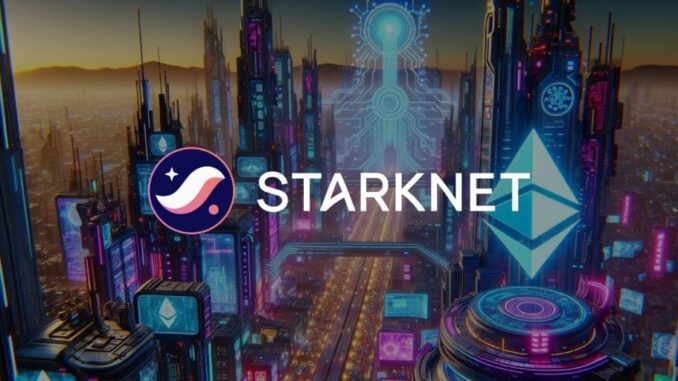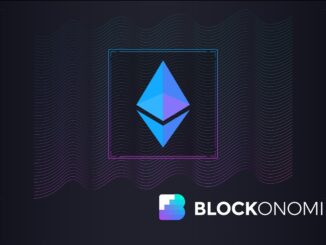
Disseminate this article
The Starknet Foundation has revealed that it intends to distribute 1.8 billion STRK tokens. Although a specific date has not been disclosed, the foundation indicates that it is approaching “soon,” with plans to launch the initiative in the initial half of 2024.
This endeavor encompasses several committees, such as the “Provisions Committee,” which will supervise the token distribution strategy, with 900 million tokens earmarked for acknowledging community contributions. This effort is a response to recent dialogues within the community in expectation of a token airdrop for STRK.
Now that the information is public, we might as well provide more details!
Starknet is dedicated to each of you. Every participant, creator, and member of our community – both existing and prospective – plays a vital role in shaping our network’s future in the realm of decentralization for generations ahead. The success…
— Starknet Foundation (@StarknetFndn) December 8, 2023
As per the foundation, a second committee will concentrate on user incentives by absorbing network transaction expenses. Another faction, the “DeFi Committee,” aims to bolster DeFi activities within the ecosystem by distributing tokens to enhance liquidity.
“Currently, planning for this initiative is in progress, and a new committee is being established to manage the distribution of STRK to incentivize users for their essential transactions on the network,” stated the foundation.
The foundation intends to release a total of 10 billion STRK tokens, reserving 50% for itself and allocating the remainder to developers and investors. Starknet additionally mentions it will soon unveil a new incentive structure for developers and dApps on the network by the following week.
Starknet’s (STRK Token) Architecture
The Starknet Foundation has been steering and supporting the enhancement of Starknet, a permissionless, decentralized Layer 2 (L2) network built atop Ethereum, designed to tackle the scalability issues encountered by the Ethereum mainnet.
At the core, it allows dApps (decentralized applications) to attain remarkable transaction throughput and diminished fees compared to the mainnet, all while maintaining Ethereum’s robust security and composability. This is accomplished through the application of STARK, a sophisticated cryptographic proof mechanism that authenticates the correctness of transactions off-chain prior to their submission to the mainnet for finalization.
This strategy not only boosts performance but also improves on-chain privacy by reducing the volume of data stored on the mainnet. Notably, StarkNet’s Cairo programming language streamlines the creation and deployment of dApps for various applications, from decentralized finance and marketplaces to interactive Web3 gaming.
Scaling Ethereum with L2 Solutions
Scaling Ethereum refers to enhancing the network’s ability to efficiently and securely manage an increased number of transactions. L2 solutions, such as Starknet, play a pivotal role in this process, functioning on top of the Ethereum blockchain and managing transactions independently before confirming them on the main chain. This approach substantially accelerates transaction velocity and mitigates expenses, rendering Ethereum more scalable and user-friendly.
Ethereum co-founder Vitalik Buterin asserts that L2 solutions promote decentralization by spreading the transaction processing workload, thereby lessening the risks of network bottleneck and dependence on the main chain. In this regard, the method upholds high security standards, owing to the fact that L2 solutions frequently employ advanced cryptographic strategies, such as zero-knowledge proofs for transaction validation.
By handling transactions off-chain and occasionally reconciling with the main Ethereum blockchain, L2 solutions balance efficiency, security, and decentralization, all of which are vital elements for sustaining the Ethereum ecosystem’s equilibrium.
Disseminate this article








Be the first to comment